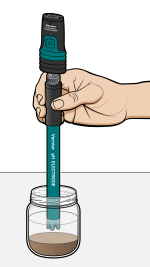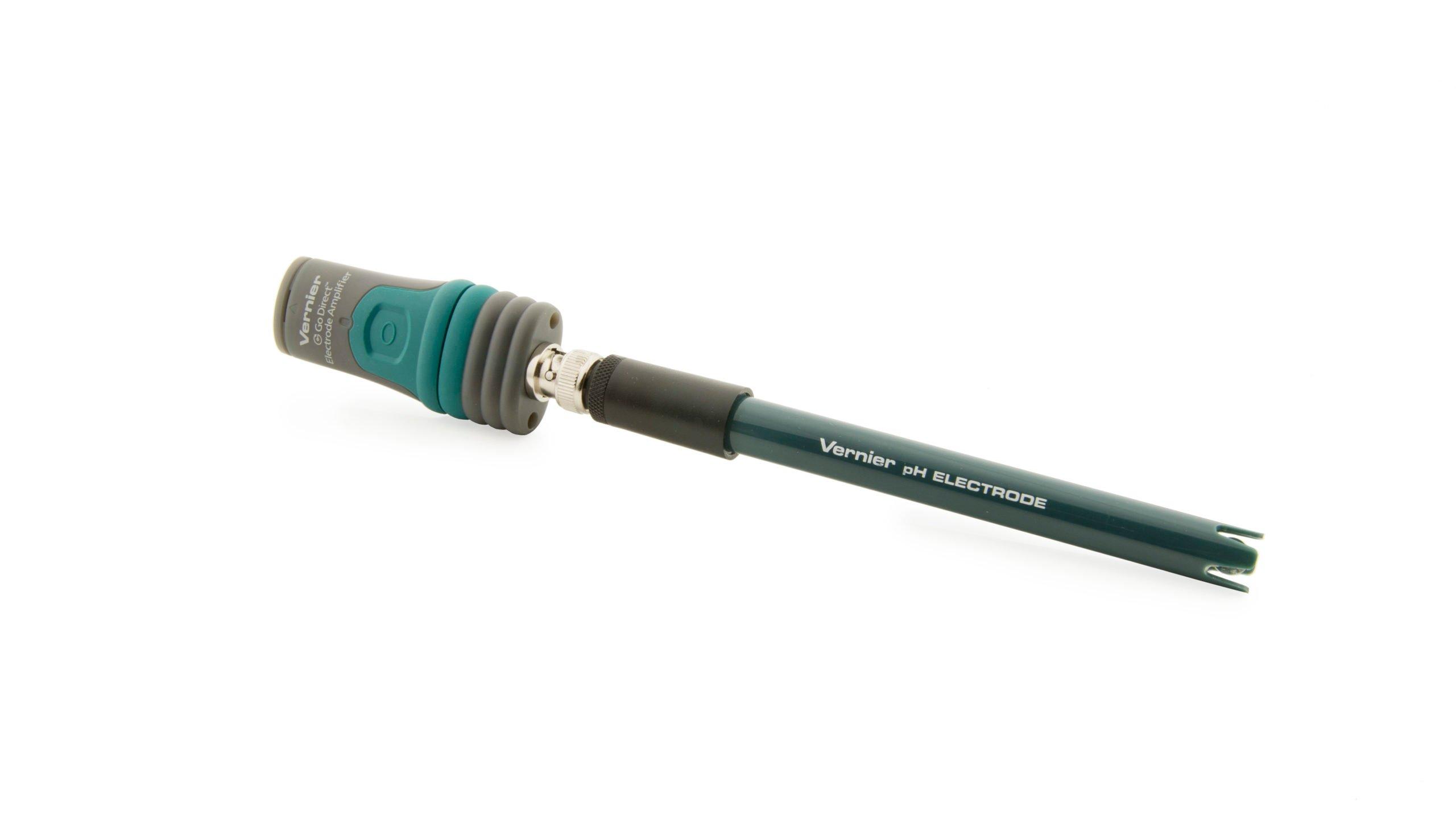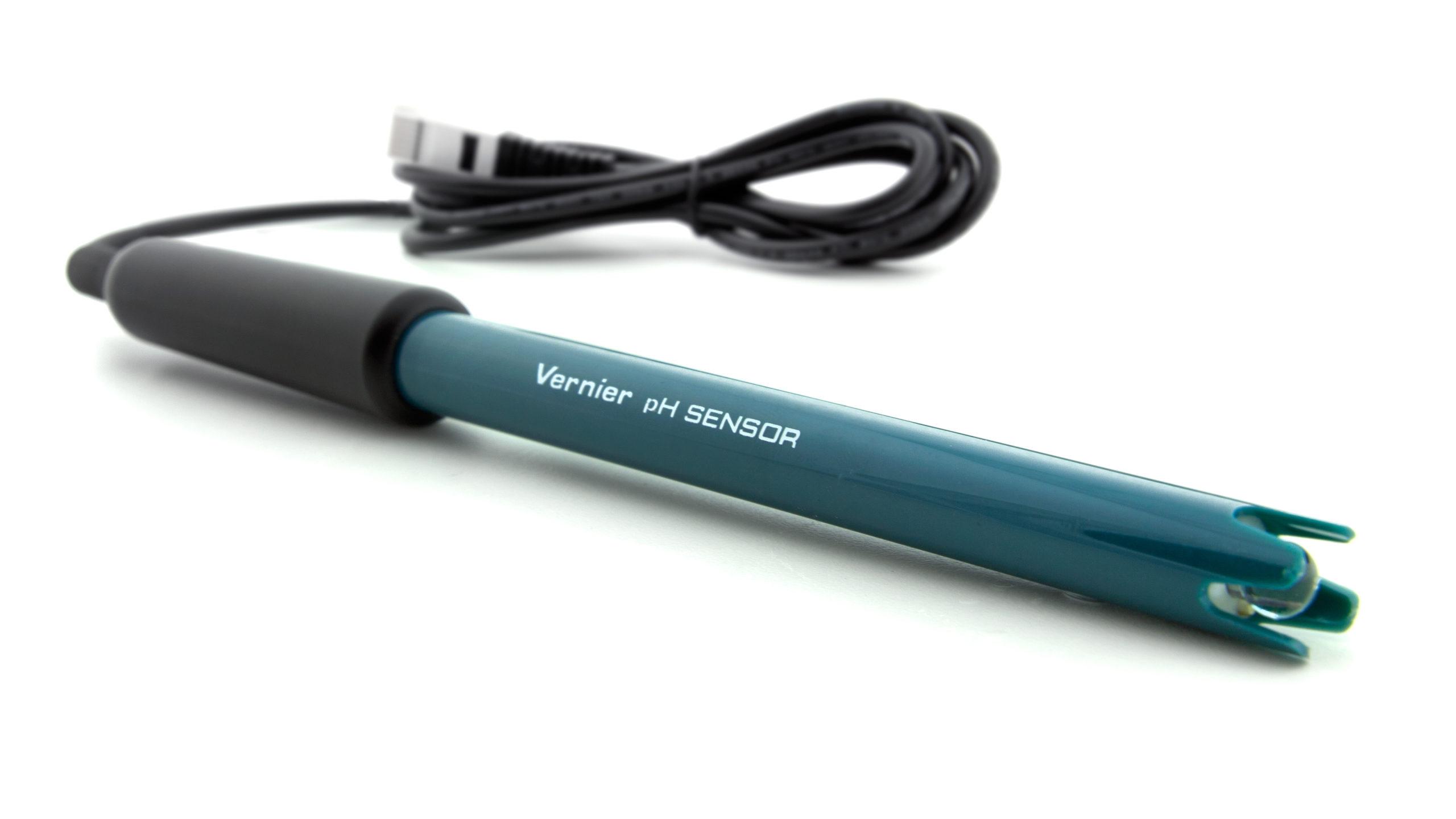
Introduction
Soil is made up of tiny particles of rock, plant, and animal matter. Soil acidity can be expressed using the pH scale. The pH scale ranges from 0 to 14. Soils with a pH above 7 are basic. Soils with a pH below 7 are acidic. A soil with a pH of 7 is neither acidic nor basic, but is neutral. The pH and water absorption of soil help to determine which plants will grow well in it. The pH of soil helps to decide which minerals are available for plants. Most plants grow best in soil with a pH of 6.5. Erosion is controlled by how well the soil retains water. In this activity, you will measure the pH of soil and measure how well soil samples absorb water.
Objectives
In this experiment, you will
- Measure the pH of soil samples.
- Determine the amount of water retained by soil samples.
- Compare soil samples.
Sensors and Equipment
This experiment features the following sensors and equipment. Additional equipment may be required.
Option 1

Option 2

Ready to Experiment?
Ask an Expert
Get answers to your questions about how to teach this experiment with our support team.
- Call toll-free: 888-837-6437
- Chat with Us
- Email support@vernier.com
Purchase the Lab Book
This experiment is #5 of Middle School Science with Vernier. The experiment in the book includes student instructions as well as instructor information for set up, helpful hints, and sample graphs and data.

